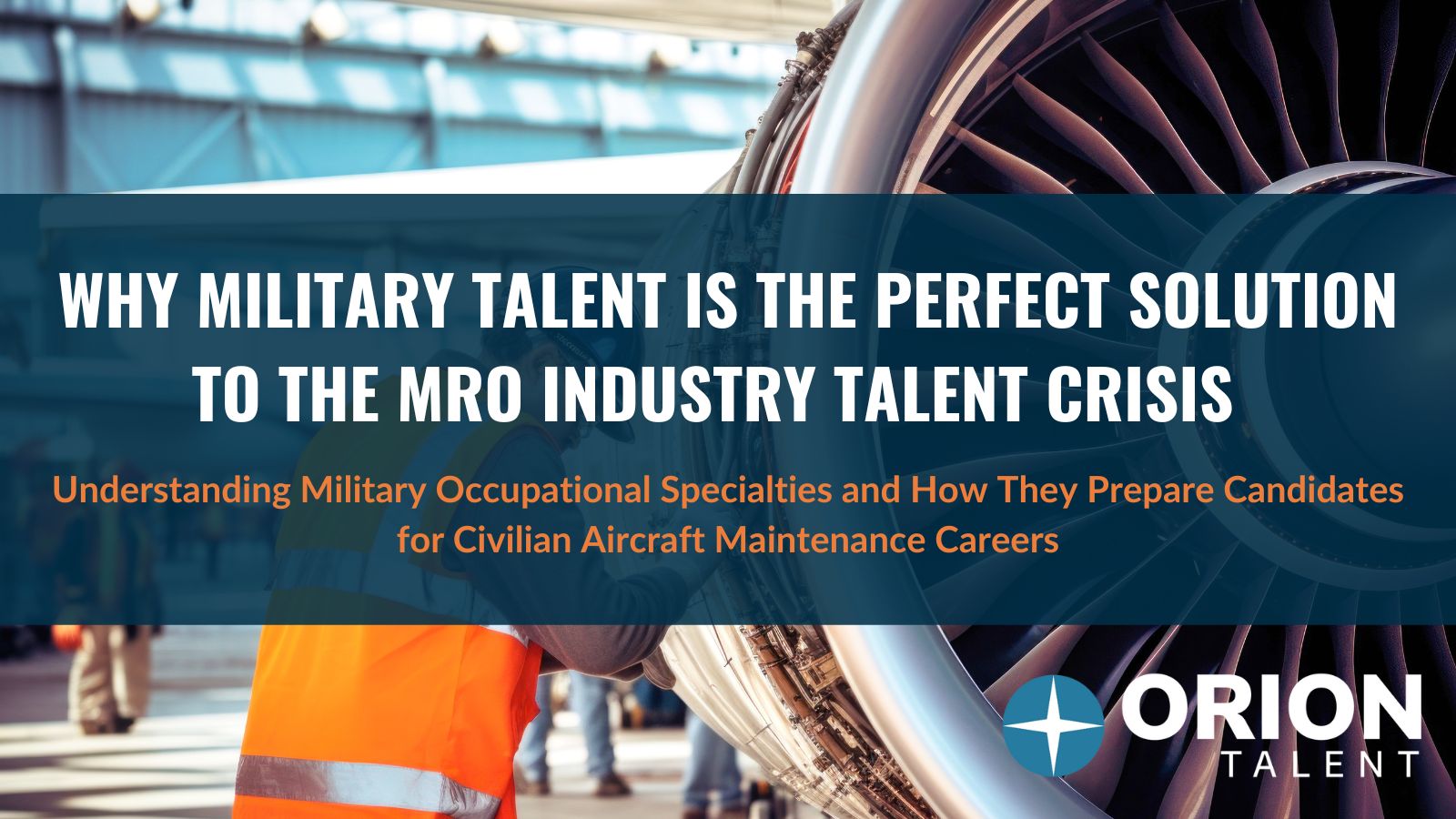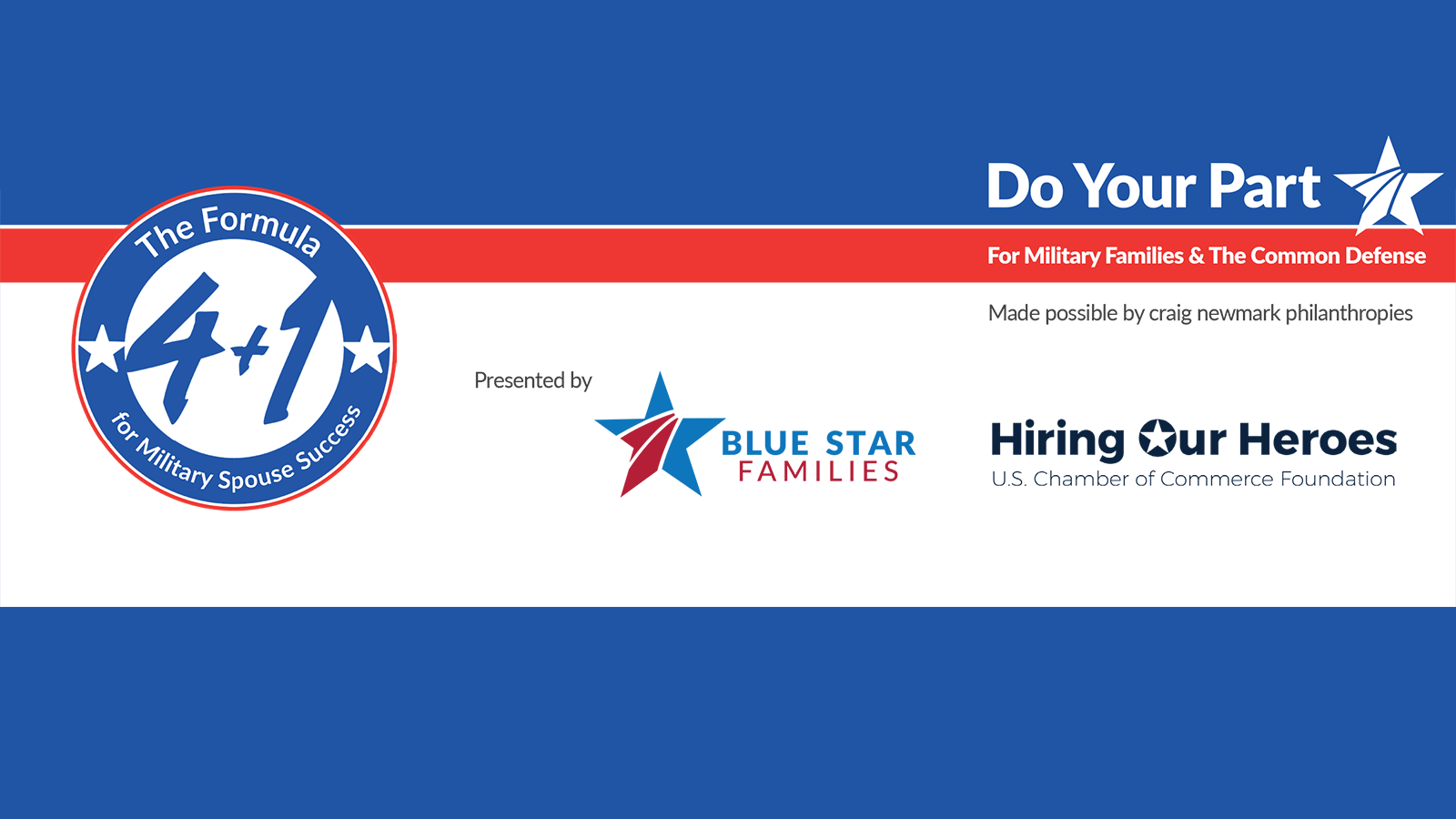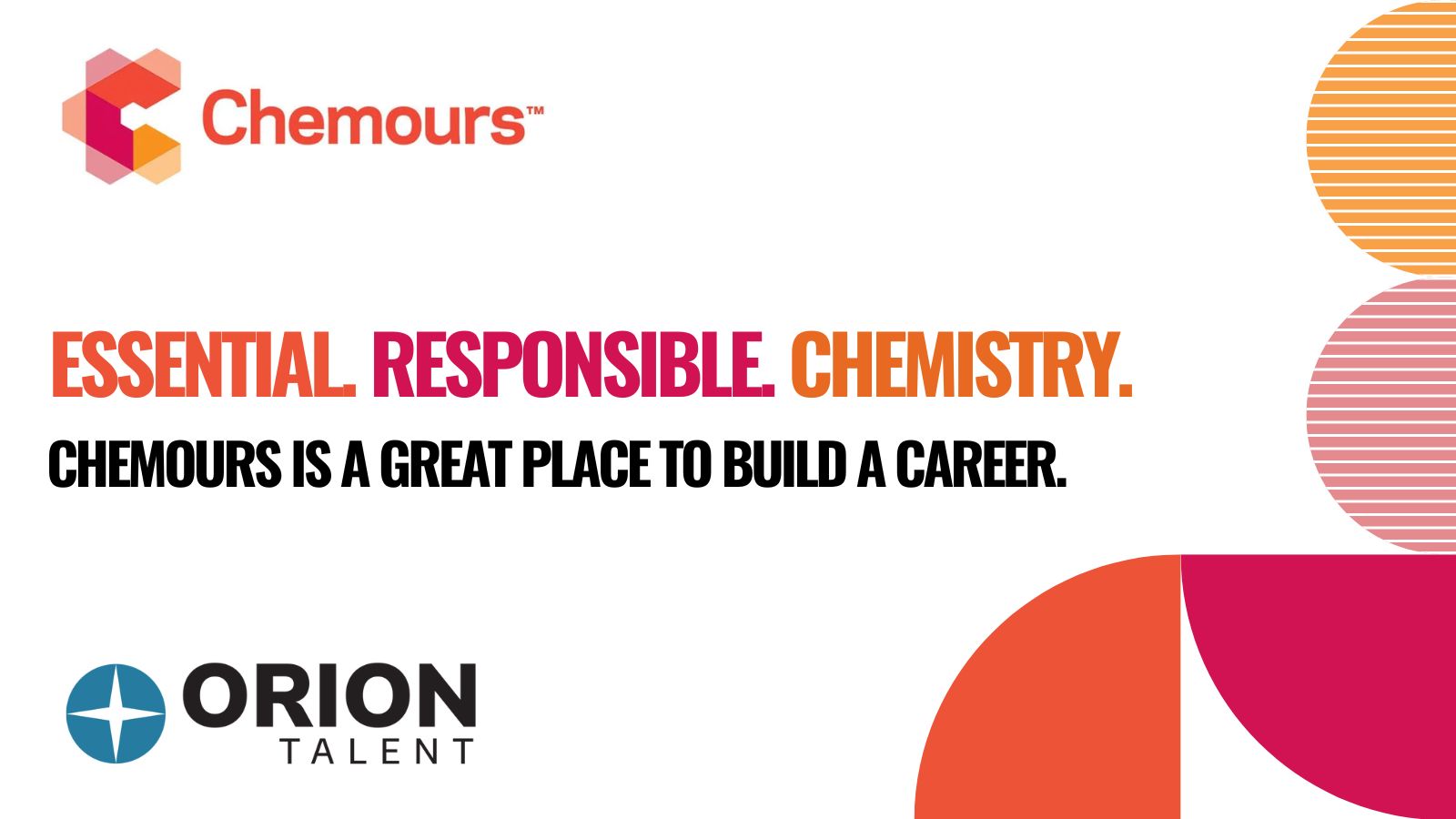Hiring someone who is highly experienced can mean that they are very good at their job. It can also mean that they come with some hefty salary requirements.
Hiring someone with potential can pay off in a big way, but it also has the potential to blow up in your face.
In a perfect world, every empty position would be complimented by a perfect candidate, who would have perfect hair and the perfect skillset for your open job. They would also have years of experience doing this job perfectly and a perfectly good reason to take your job, as soon as possible.
We, however live in the real world, where many candidates aren’t a perfect fit for the job you need done. Many of the candidates that we come across will have some of the skills that we need, maybe even a good deal of them. Before extending a job offer to a candidate, you need to know if they may be lacking in a skill that is critical for someone in the position.
If your open job requires the candidate to have direct experience, or many years of direct experience, it can be a challenge to find someone who is up to the job, without flying them across the country.
When a candidate mostly fits the bill and can demonstrate that they have the right experience and the right potential to do most of the work, you have a choice. You can either choose to move on in the selection process, or explore this person’s experience and talent a bit more.
Hiring for Potential: Do they Have What it Takes?
When we say hire for potential, we mean the potential that a candidate’s skills and experience have to meet the requirements of the job. A good personality fit is always important in a good hire, but it’s important to focus on the demands of the job itself, and whether or not a candidate has what it takes to be a success in that job.
Not all jobs require advanced degrees or many years of direct experience. Some jobs require the hire to perform a specific company function like selling the company’s product or supporting the company’s customers. For instance, if a candidate has experience selling, but not in your industry, a hire with the right experience and the right potential can still be one of your best employees, given some time.
In addition to the requirements of the job and the work being done, there is also the matter of timing. You may not have time to hire someone who will potentially be great in a job. Sometimes, you need someone to step in, yesterday, and the most qualified underqualified person for the job is nearing their second month as a human bandage.
The requirements of the job, the timing requirements of the work and the work itself will always determine what will be required of someone in that role.
That being said, if a candidate with potential can demonstrate their ability to do the work, then hiring them can pay off in a big way. As they grow into the demands of the job, they will appreciate the investment you’re making in them and invest more into their work.
It all depends on the demands of the job. By answering these questions, you should be able to evaluate whether a candidate has the potential to grow into your open job. Answering these questions should also tell you if you need to invest in a hire with more experience.
The Big Questions to Ask:
The demands of the job should always guide your ultimate hiring decision.
What Needs to Get Done?
- What work will the hire need to do?
- What are the critical deliverables of this role?
- Which skills will the hire use to meet the demands of the job?
- What would your ideal candidate do on their first day on the job?
- What is the work that is piling up for the hire to do?
How Much Time do You Have?
- How is this vacancy effecting company functions?
- What is at stake if you can’t find an experienced hire or train someone with potential?
- What operational or company benchmarks are dependent on this job being done?
- How much time do you have before this vacancy starts to have negative impacts on your ability to serve customers?
How Much Time do They Have?
- How long will the new hire have to reach their full potential?
- What does the new hire need to learn?
- How much time does the hire have to get up to speed, before
- Are your employees being over worked?
- Is this vacancy standing in the way of delivering to an important client or customer?
The Bottom Line
If a candidate can do the work, but doesn’t have every last skill required by the role, hiring and training them can be a cost-effective solution to your talent problems.
If, however, the position requires direct experience or years of direct experience, candidates with potential may not be up to the job.
Ultimately, the demands of the job will determine how much wiggle room there is in the hiring process. No matter what you decide, learning the demands of the job will be your guide to finding a great person to do that job.
Hiring for Direct Work Experience
Pros
- Hiring a candidate with years of direct experience can ensure you’ve got someone who’s done the work, doing the work.
Considerations
- More experienced candidates will require a higher salary and may be entertaining multiple offers.
- What does hiring for direct experience really mean? Just because a candidate may have more years of experience does not necessarily make them the most qualified.
Hiring for Potential not Experience:
Pros
- Hiring a candidate who can do some work now, and has experience or skills that could potentially be of use on the job, will pay off more as the candidate learns more and works toward their full Hiring someone who has the potential to be great at a job, won’t require as high of a salary.
Considerations
- If the hire’s full potential doesn’t measure up to the demands of the job, then you will have to make another hire.
Learn more about Recruiting and Hiring Top Emlpoyees in:
Archives
- July 2025
- June 2025
- May 2025
- April 2025
- March 2025
- February 2025
- October 2024
- May 2024
- March 2024
- February 2024
- January 2024
- December 2023
- November 2023
- October 2023
- September 2023
- August 2023
- July 2023
- June 2023
- May 2023
- April 2023
- March 2023
- February 2023
- January 2023
- December 2022
- November 2022
- October 2022
- September 2022
- August 2022
- July 2022
- June 2022
- May 2022
- April 2022
- March 2022
- February 2022
- January 2022
- December 2021
- November 2021
- October 2021
- September 2021
- August 2021
- July 2021
- June 2021
- May 2021
- April 2021
- March 2021
- February 2021
- January 2021
- December 2020
- November 2020
- October 2020
- September 2020
- August 2020
- July 2020
- June 2020
- May 2020
- April 2020
- March 2020
- February 2020
- January 2020
- December 2019
- November 2019
- October 2019
- September 2019
- August 2019
- July 2019
- June 2019
- May 2019
- April 2019
- March 2019
- February 2019
- January 2019
- December 2018
- November 2018
- October 2018
- September 2018
- August 2018
- July 2018
- June 2018
- May 2018
- April 2018
- March 2018
- February 2018
- January 2018
- December 2017
- November 2017
- October 2017
- September 2017
- August 2017
- July 2017
- June 2017
- May 2017
- March 2017
- February 2017
- January 2017
 RSS Feed
RSS Feed
Subscribe to Orion's Blog
Featured Blogs





.jpg)














